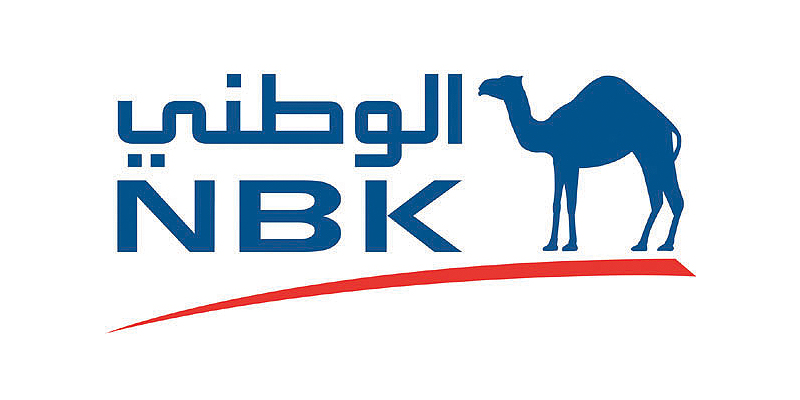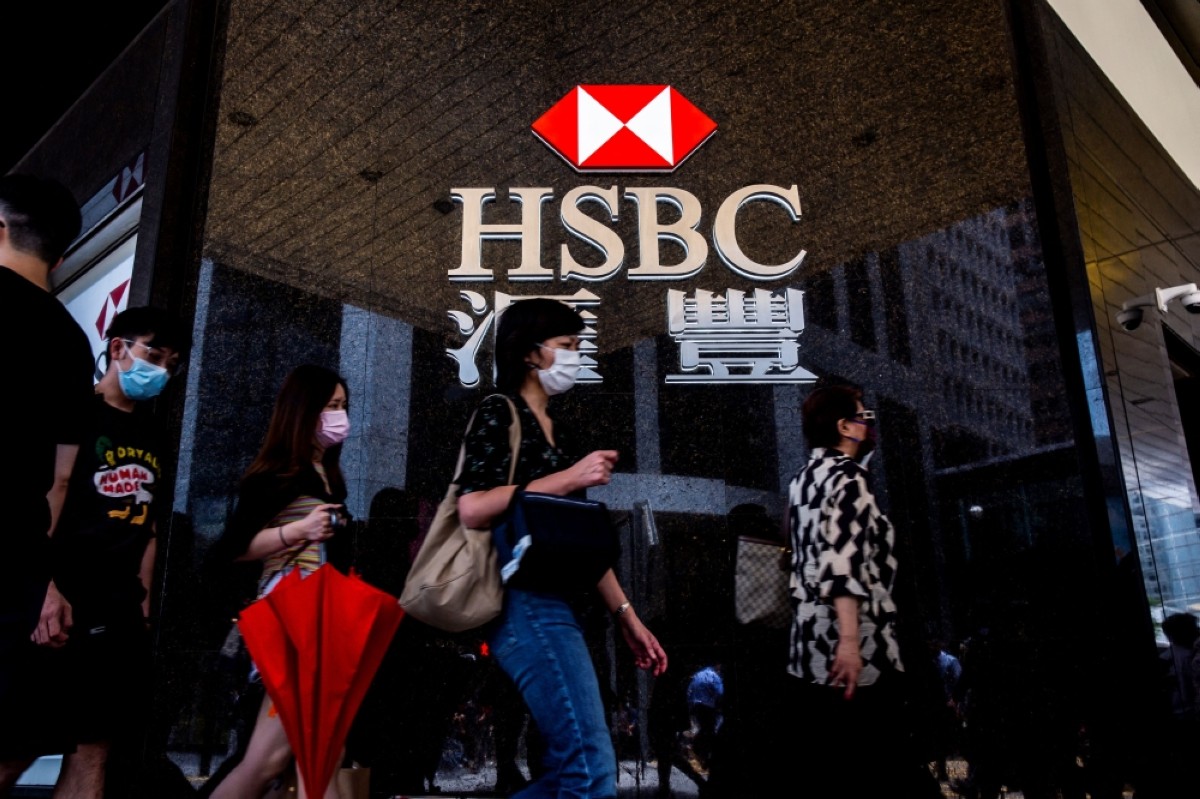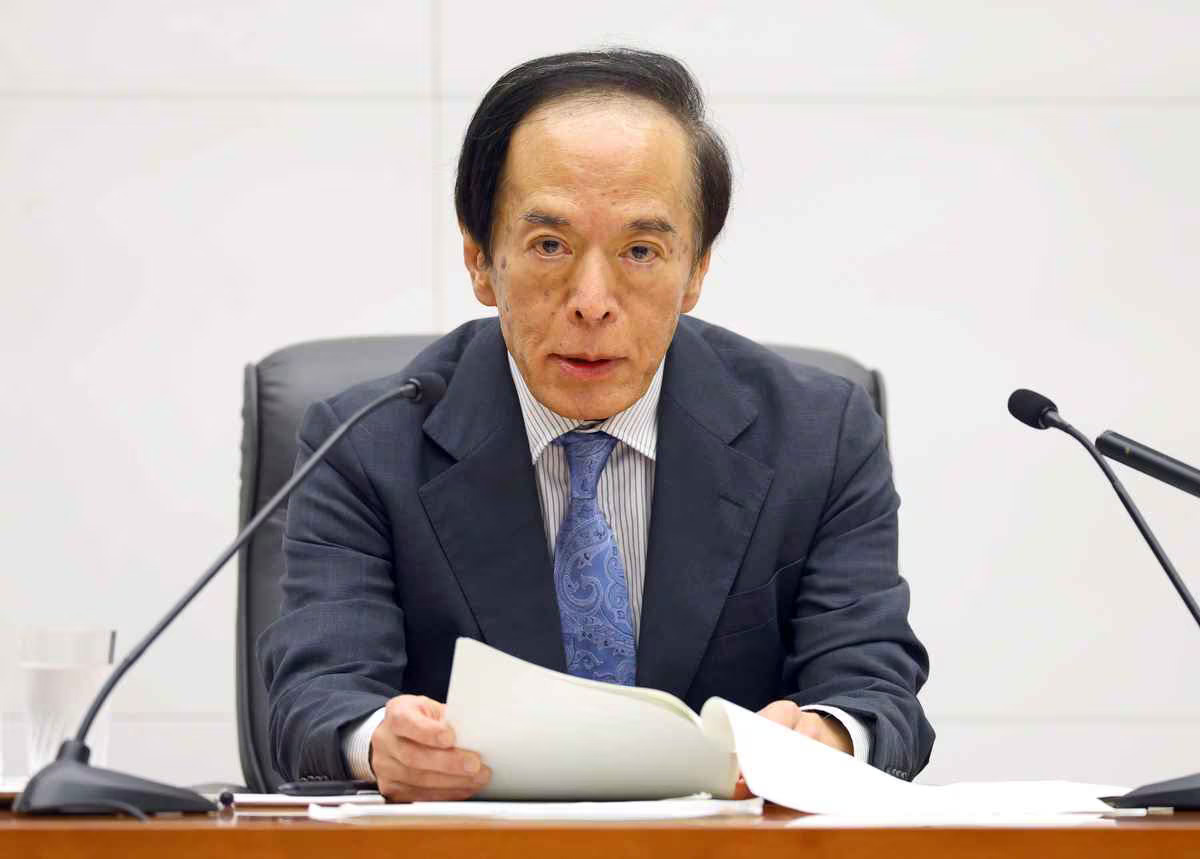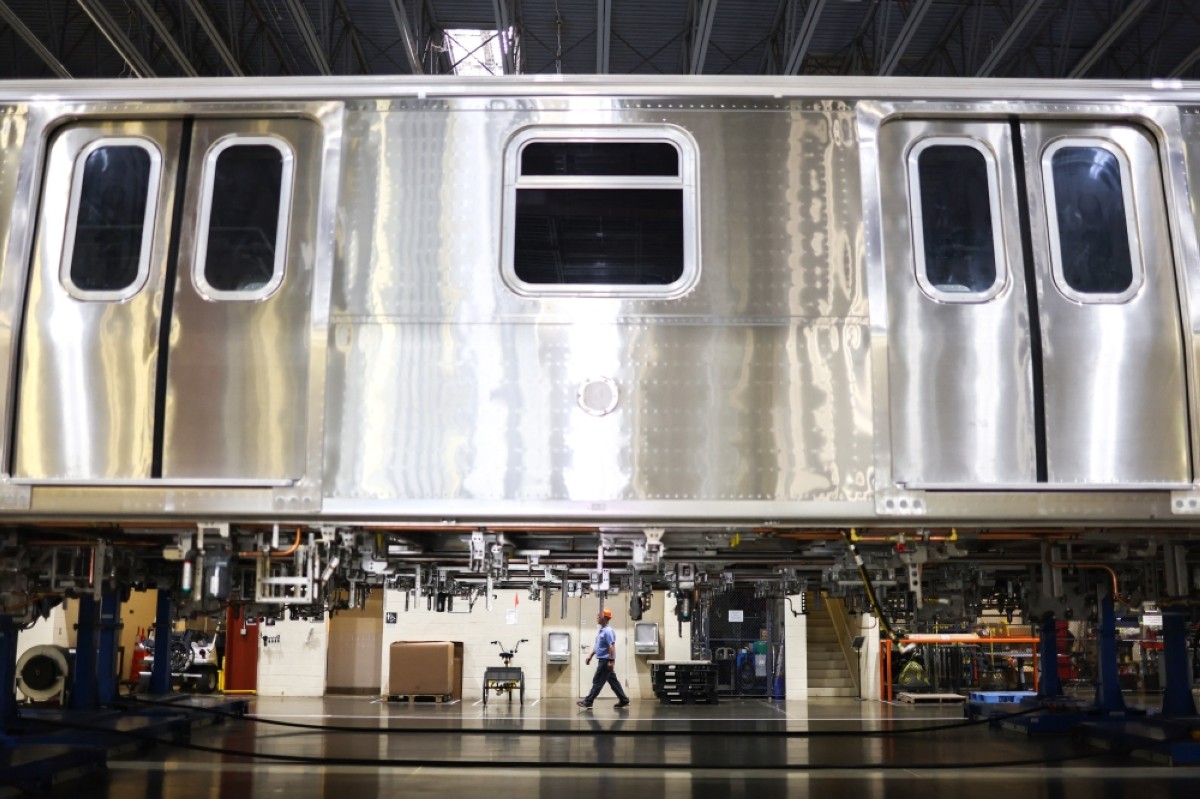A hawkish week for central banks
KUWAIT: Federal Reserve Chair Jerome Powell delivered a testimony before congressional committees outlining his views on inflation and the economy following the decision to hold rates.

On the inflation front, Powell said that the “pressures continue to run high, and the process of getting inflation back down to 2% has a long way to go.” He was questioned by committee representatives regarding the Fed’s employment mandate to which Powell reminded them “We still have historically low unemployment rates and high employment rates now, high participation, a very strong labor market.” Furthermore, some members raised concern that higher capital requirements in the banking sector could restrict lending and disproportionately affect smaller banks.
Powell responded, “The capital requirements will be very, very skewed to the eight largest banks.”Finally, in terms of monetary policy outlook, Powell stated, “nearly all FOMC participants expect that it will be appropriate to raise interest rates somewhat further by the end of the year.” Markets are pricing in a 25bps rate hike for the upcoming meeting to potentially take the terminal rate between 5.25%-5.50% before ultimately pausing, despite some central bank speakers signaling that two further rate hikes could be in the cards. US jobless claims The number of Americans filing for unemployment benefits remained elevated at highs reached in November 2021, with 264,000 jobless claims coming in higher than expected and holding the previous level.
The last three prints have deviated from the surprisingly resilient jobless claims reports, which used to come in at the high 100,000 to low 200,000 range in a sign that the Fed tightening could be softening an otherwise robust labor market. US PMI declines Business activity in the US private sector softened, with composite PMI falling to 53 from 54.3 previously. The decline was driven by the manufacturing sector, which came in at 46.3 from 48.3 in May. Meanwhile, the services PMI came in greater than expected but also declined from 54.9 in the previous month to 54.1 in June. Chris Williamson, chief economist at S&P Global said “The question remains as to how resilient service sector growth can be in the face of the manufacturing decline and the lagged effect of prior rate hikes.”
The Fed have been keeping an eye on sticky inflation in the services sector, which is less susceptible to immediate interest rate effects than manufacturing. The dollar gained against a basket of other currencies over the week, with the US dollar index last trading at 102.90. Euro-zone recession fears Business activity in the Euro-zone slowed in June amid fears of deep economic worries for the bloc. The Euro-zone flash composite PMI dropped to 50.3 from 52.8 previously, considerably below the forecasted figure of 52.5. Both services and manufacturing PMI prints were below market expectations, at 52.4 and 43.6 respectively with manufacturing in particular entering deep contraction territory amid increased sensitivity to higher interest rates.
The bloc’s economic powerhouse, Germany, also had prints come in below market expectations, with the composite PMI for Europe’s largest economy falling to 50.8 from 53.9 previously. Furthermore, Germany has entered a technical recession following revised GDP contraction, which could be a sign of things to come as the European Central Bank tries to balance between combating elevated inflation and avoiding a hard landing. In a release regarding the Euro-zone PMI prints, S&P Global said, “Although energy and supply chain worries have eased since late last year, June has seen a further escalation of concerns over demand growth, and in particular the impact of higher interest rates, and the resulting possibilities of recessions both in domestic markets and further afield.”
The EUR/USD currency pair is down slightly on the week, last trading at 1.0889. SNB hikes rates by 25bps The Swiss National Bank raised interest rates by 25bps to 1.75% and signaled that there is more to come. It is the fifth consecutive hike ever since the central bank pulled rates from negative territory. In a policy statement, the SNB said, “It cannot be ruled out that additional rises in the SNB policy rate will be necessary to ensure price stability over the medium term.” The USD/CHF currency pair ended the week higher at 0.8973. UK CPI higher than expected Over in the UK, the latest CPI y/y reading has resulted in concern, with the latest print coming in at 8.7%, worse than the forecasted 8.4%.
As the British economy was attempting to cope with Brexit and the labor shortage that resulted in additional inflationary pressures, it was handed with two more blows, the first being COVID-19, and more recently, the increase in energy prices cause by the war in Ukraine. Nevertheless, the economy managed to escape what was widely expected to be an inevitable recession in 2023. Although the major issue in the UK seems to be the stubborn price growth, the Bank of England remains behind their counterparts in the US and Europe in the tightening cycle, which resulted in a surprise interest rate decision by the central bank in order to catch up and fight elevated and sticky inflation.
BoE hikes by 50bps The Bank of England delivered a 50bps hike to 5%following a surprise CPI reading as it attempts to fight elevated inflation and catch up to their counterparts in the US and EU. In its policy statement, the central bank stated, “If there were to be evidence of more persistent pressures, then further tightening in monetary policy would be required.” The BoE also acknowledged the upside to inflationary pressures that might prove it to be more persistent than anticipated. Governor Andrew Bailey criticized “unsustainable” wage growth and a tight labor market as labor shortages are contributing to inflationary pressures following Brexit. Bailey said, “We cannot continue to have the current level of wage increases.” He added that “It’s important, then, that price setting and wage setting reflects that because the current levels, I’ll be absolutely honest, are unsustainable.”
Finally, Bailey warned, “We’re not expecting, we’re not desiring a recession. But we will do what is necessary to bring inflation down to target.” UK PMI Slows Business activity in the United Kingdom is showing signs of a slowdown with composite PMI coming in at 52.8 versus an expected 53.6. The manufacturing sector continues to remain in contraction territory at 46.2 versus 46.8 expected and 47.1 previously. Meanwhile, the services sector also declined to 53.7 from 55.2 previously, below expectations of 54.8. The GBP/USD currency pair ended the week down at 1.2711.











